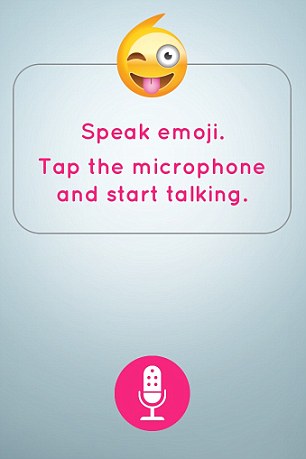Do you hear me Do you care Do you hear me Do you care My lips are moving and the sound’s coming out The words are audible but I have my doubts That you realize what has been said You look at me as if …
Read More

Do you hear me Do you care Do you hear me Do you care My lips are moving and the sound’s coming out The words are audible but I have my doubts That you realize what has been said You look at me as if …
Read More